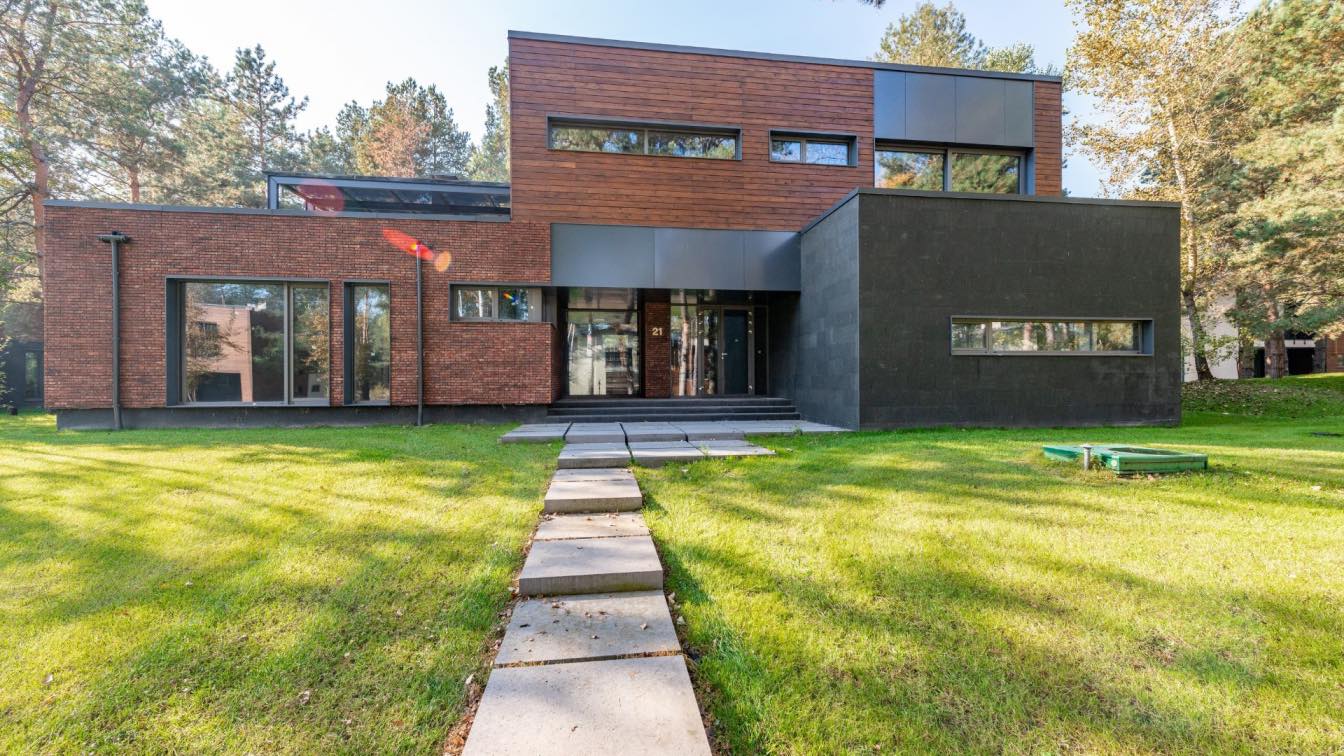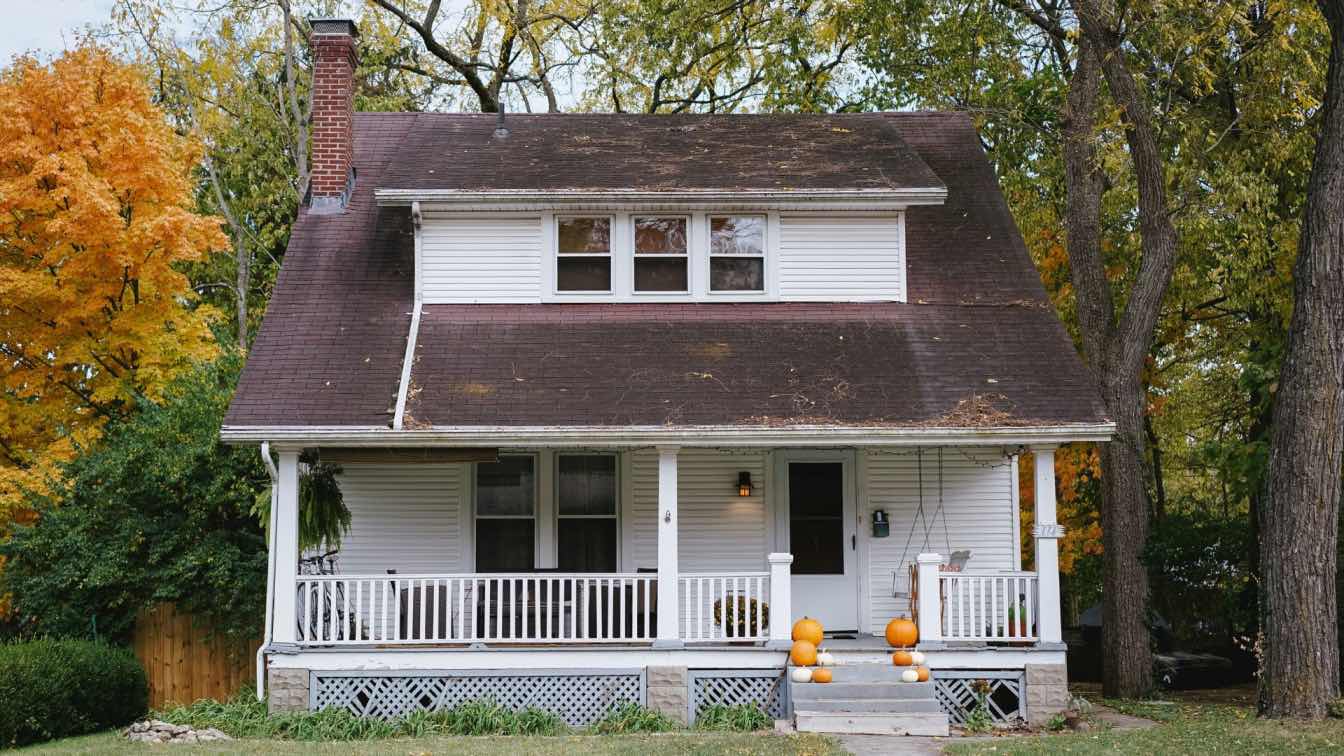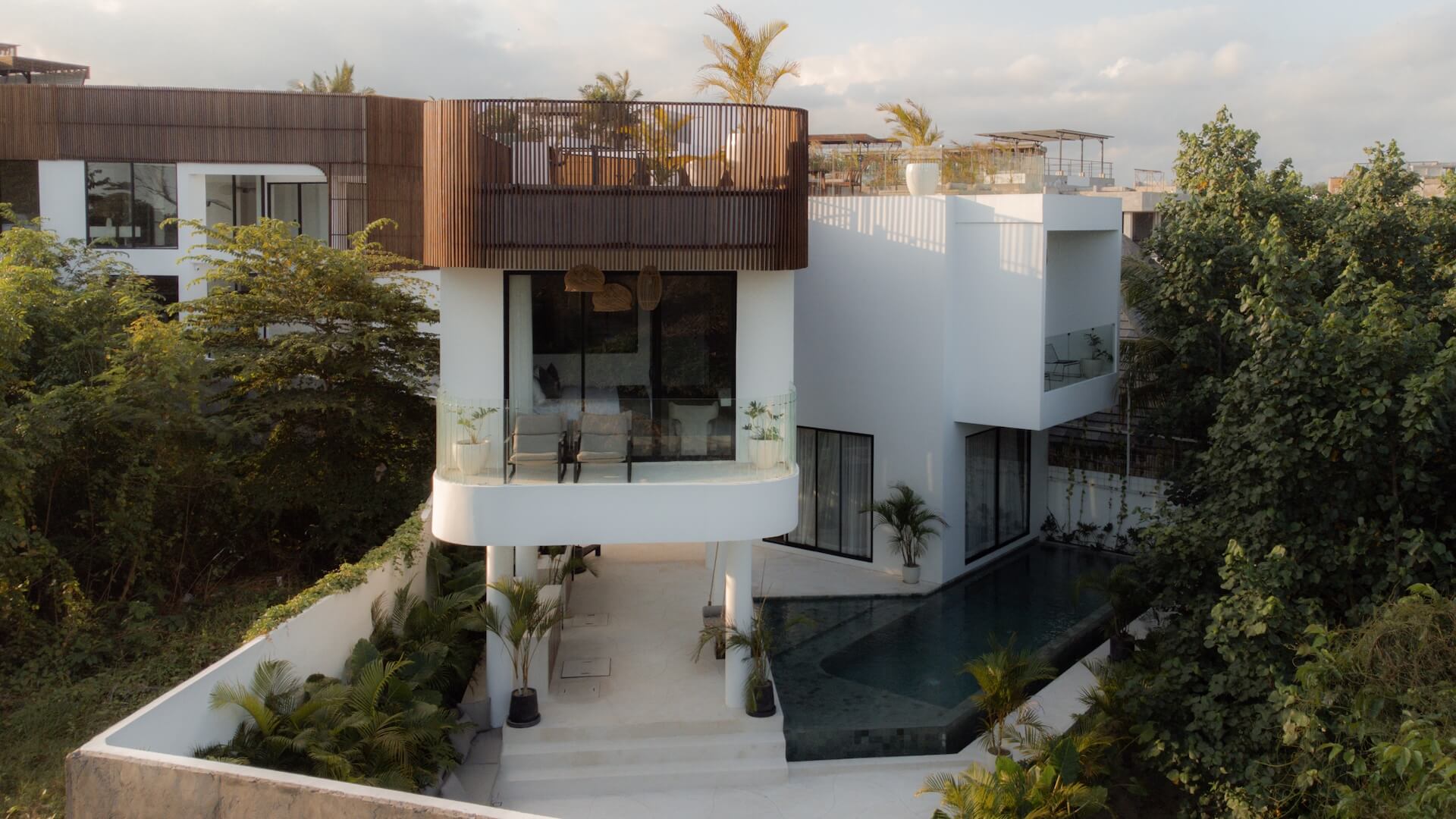Finding the perfect home is an exciting yet challenging process. With so many options available, narrowing down your choices can feel overwhelming. Whether you’re a first-time buyer or looking for a new place to fit your evolving lifestyle, the right home should meet your needs, budget, and future goals.
A home isn’t just about the number of bedrooms or the size of the backyard. Factors like location, community, amenities, and resale value all play a role in determining whether a property is the right fit. Many buyers make the mistake of falling in love with a home without considering these essential aspects, leading to regrets later.
It’s important to plan to make the home-buying process smoother. Knowing what to look for, setting a realistic budget, and researching different neighborhoods will help you make a confident decision. Working with a reliable real estate platform can also simplify your search by providing access to updated listings that match your preferences.
Understanding Your Home Needs and Priorities
Before you start looking at properties, take some time to define what you need in a home. Your lifestyle, family size, work location, and future plans all influence your decision. Are you looking for a quiet suburban area or a vibrant city neighborhood? Do you need extra rooms for a growing family, a home office, or a large backyard for pets?
A good starting point is browsing real estate listings that align with your criteria. If you’re from Charleston, Columbia, or Greenville, platforms like Jeff Cook Real Estate provide a wide range of property listings, helping you explore different locations and compare home features. Instead of driving from one open house to another, you can filter listings based on price, home size, and amenities to save time and effort.
Once you identify potential homes, create a priority list. Divide your preferences into must-haves and nice-to-haves. It will help you focus on homes that meet your essential needs while keeping an open mind for properties that offer additional perks.
Choosing the Right Location for Your Lifestyle
The location of your home is just as important as the house itself. A beautiful property in the wrong area may not serve your long-term needs. Consider factors like proximity to work, public transportation, schools, shopping centers, and healthcare facilities.
If you have children or plan to start a family, researching school districts should be a top priority. Even if you don’t have kids, homes in good school districts tend to have higher resale values. Safety, crime rates, and access to parks or recreational spaces also play a role in making a neighborhood desirable.
Beyond current conditions, think about the future growth of the area. Are there upcoming developments that could increase property value? Will the neighborhood fit your lifestyle in the long run? Visiting different areas, talking to residents, and exploring local amenities can give you a clearer picture of what to expect.
Setting a Realistic Budget and Exploring Financing Options
Before diving into home listings, you need a clear understanding of your financial situation. Setting a realistic budget ensures you don’t fall in love with a home that is out of reach. Your budget should cover not just the home’s price but also closing costs, property taxes, insurance, and maintenance expenses.
One of the best ways to determine your budget is to get pre-approved for a mortgage. A pre-approval letter from a lender confirms your financial readiness to sellers and provides clarity on the loan amount you qualify for. Comparing different loan options, interest rates, and repayment terms can also help you choose the most cost-effective financing solution.
If you’re unsure where to start, speaking with a mortgage advisor or using an online mortgage calculator can provide clarity on affordability and monthly payment expectations.
Touring Homes and Evaluating Properties
Once you have a list of potential homes, it’s time to schedule visits. Pictures and descriptions can only tell you so much. Seeing a home in person allows you to get a feel for the space, layout, and condition.
When touring a home, pay attention to details beyond aesthetics. Check for signs of structural issues, plumbing or electrical concerns, and potential repair costs. Look at storage space, natural lighting, and room sizes to ensure they meet your needs.
Visiting the property at different times of the day allows you to evaluate traffic patterns, noise levels, and the overall environment. If you’re considering multiple homes, taking notes and photos can help you compare options and make a well-informed decision.
Making an Offer and Closing the Deal
Once you find a home that checks all the boxes, it’s time to make an offer. In a competitive market, acting fast and making a strong offer can increase your chances of securing the property.
Your offer should reflect market conditions, comparable home prices in the area, and any additional incentives that make it more appealing to the seller. If the market is competitive, you may need to offer slightly above the asking price or waive certain contingencies to stand out. However, it’s important to stay within your budget and avoid overpaying out of urgency.
After your offer is accepted, the closing process begins. It includes a home inspection, finalizing your mortgage, and completing legal paperwork. A thorough home inspection is crucial to uncover any hidden issues before finalizing the purchase. Once everything is in place, you’ll sign the necessary documents, transfer funds, and officially become a homeowner.
Finding the perfect home requires careful planning, research, and a clear understanding of your priorities. By defining your needs, exploring listings through reliable real estate platforms, choosing the right location, and setting a realistic budget, you can navigate the home-buying process with confidence.
Taking the time to tour properties, evaluate their condition, and make a strategic offer ensures that you secure a home that meets your long-term needs. With the right approach and preparation, you’ll be well on your way to finding a place that truly feels like home.





